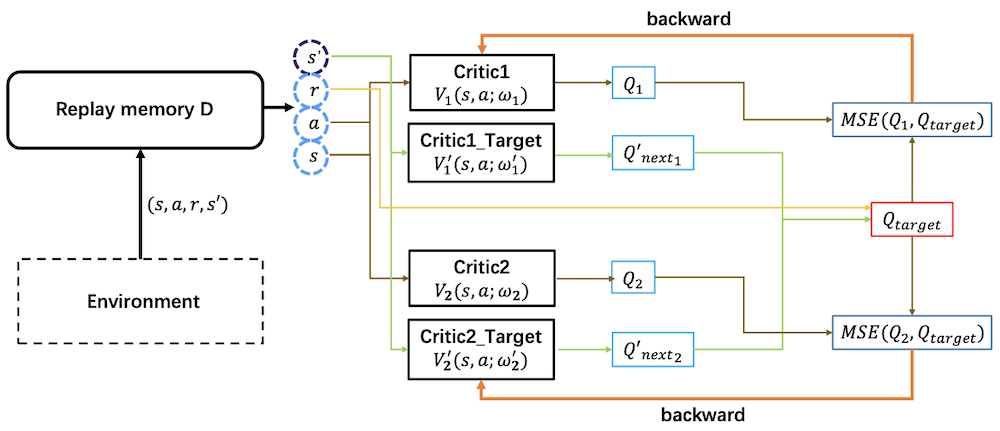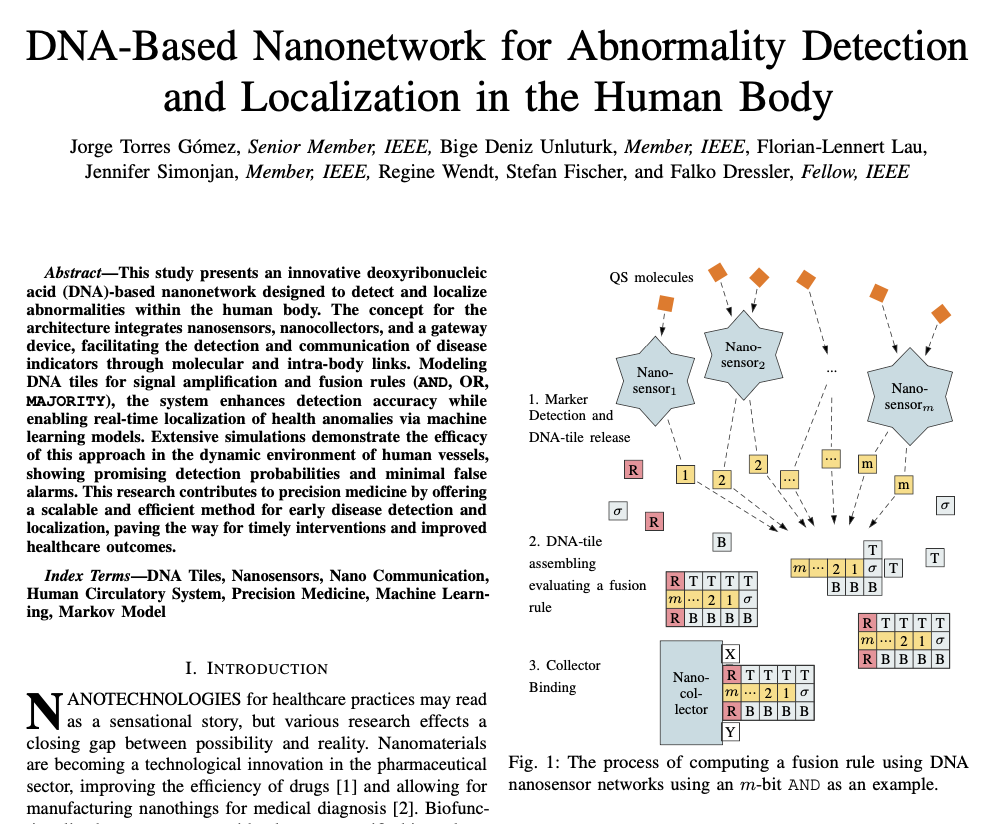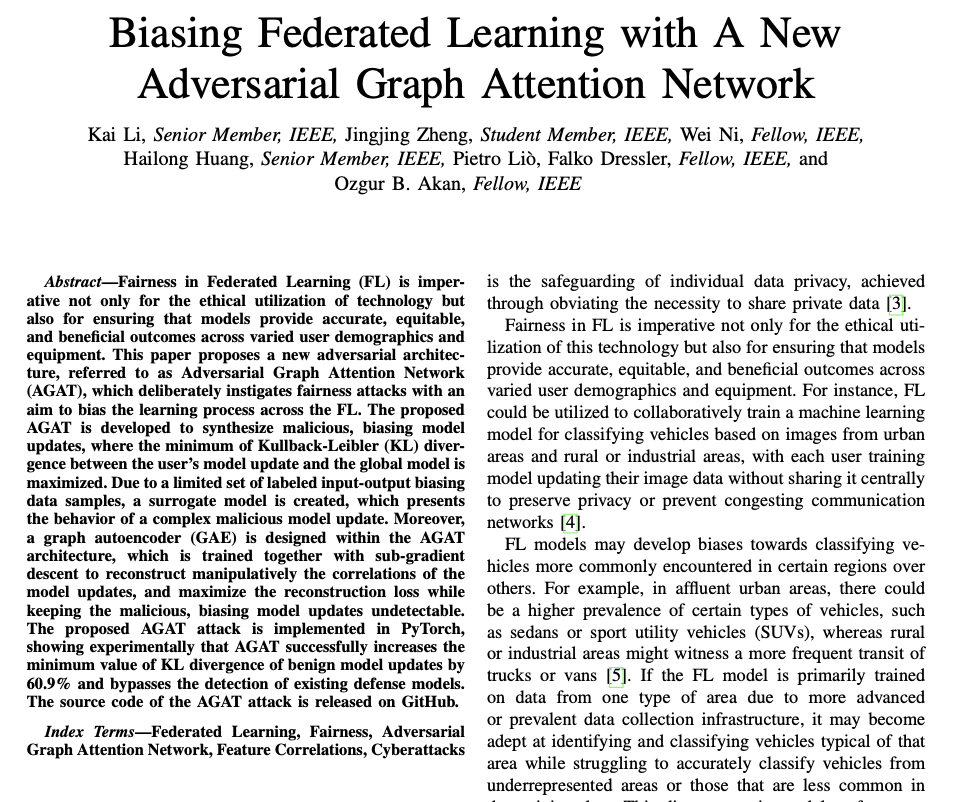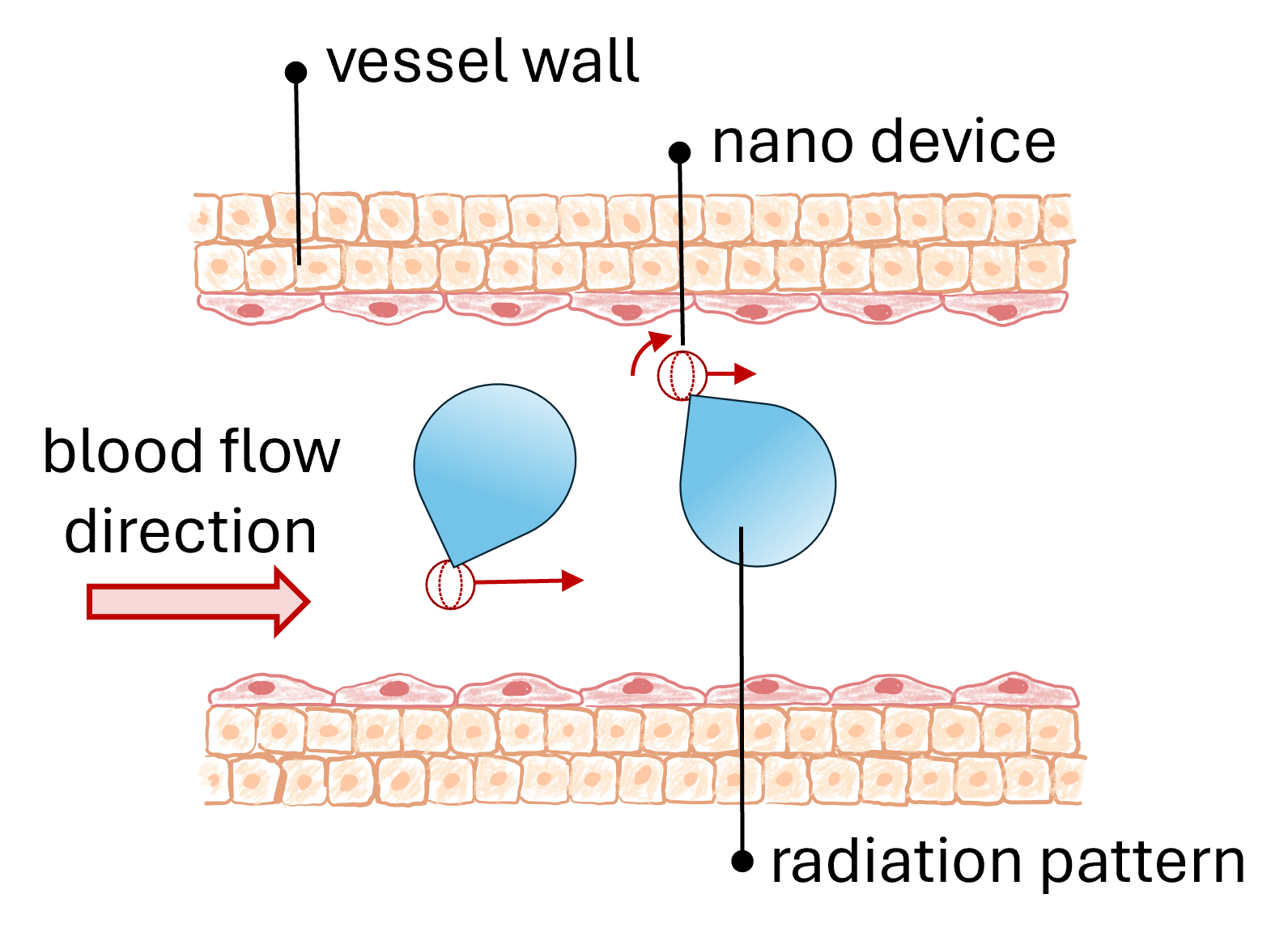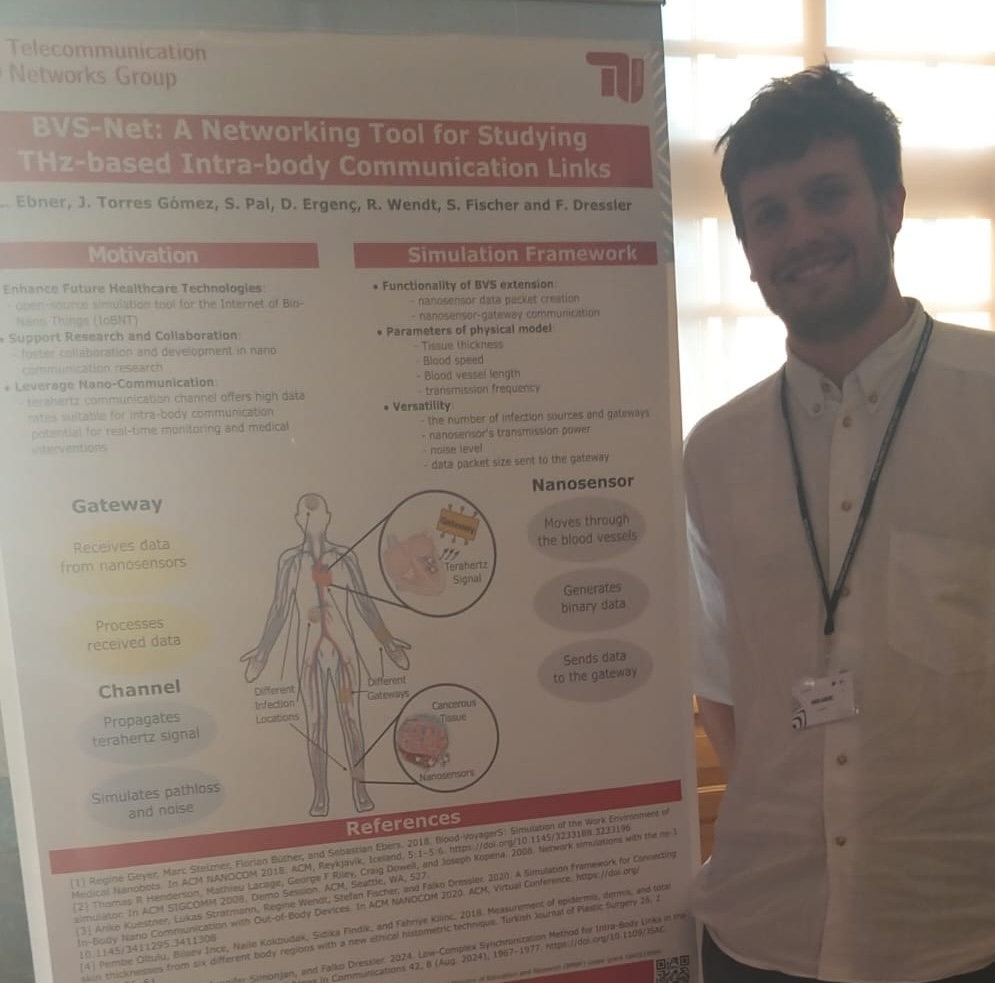Molecular Communications and Nanonetworks

#41045, Winter 2022/2023
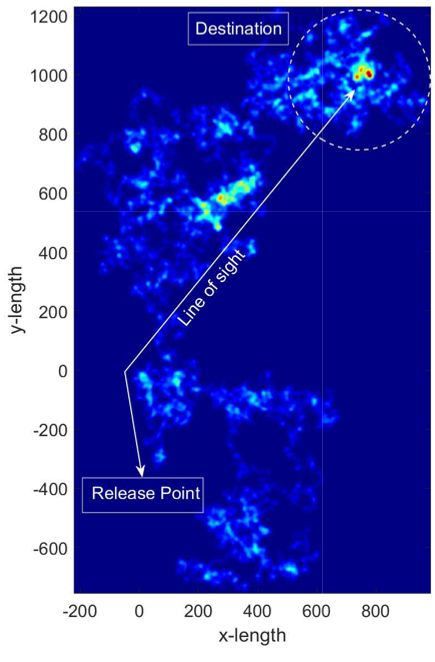 Welcome to the amazing world of nanonetworks, where communication principles, chemistry, and physics converge. This course will introduce you to novel approaches in the nanoscale domain. We target the latest research and applications for systems design in the molecular communication field. Are you ready to navigate non-conventional topics and learn new principles beyond RF communications? Welcome, this is the right place.
Welcome to the amazing world of nanonetworks, where communication principles, chemistry, and physics converge. This course will introduce you to novel approaches in the nanoscale domain. We target the latest research and applications for systems design in the molecular communication field. Are you ready to navigate non-conventional topics and learn new principles beyond RF communications? Welcome, this is the right place.
Contents
 This course will cover communication techniques and technologies to conceive networks on the nanoscale. Instead of the standard use of electromagnetic waves, we will perform the emission and detection of molecules according to the paradigm of Molecular Communications. We will follow a network architecture approach from a computer network perspective, see the picture on the right. In the physical layer, we will introduce models for the communication channels through molecular means, as well as for emitters and receivers. In the link layer, we will address mechanisms for the information flow and error control mechanisms. In this course, we will not only study theoretical concepts but will conduct many hands-on activities in the Matlab simulator to model the physical and link layers.
This course will cover communication techniques and technologies to conceive networks on the nanoscale. Instead of the standard use of electromagnetic waves, we will perform the emission and detection of molecules according to the paradigm of Molecular Communications. We will follow a network architecture approach from a computer network perspective, see the picture on the right. In the physical layer, we will introduce models for the communication channels through molecular means, as well as for emitters and receivers. In the link layer, we will address mechanisms for the information flow and error control mechanisms. In this course, we will not only study theoretical concepts but will conduct many hands-on activities in the Matlab simulator to model the physical and link layers.
Learning Outcome
After completing the course, you will characterize the main communication schemes in molecular scenarios. You will also apply theoretical knowledge to develop molecular communication networks. Finally, you will be able to develop molecular communication links with simulators.
Course details
This master course will be held in English and all the course material is available in English. The course will be organized in lessons and labs, whith the major component through hands-on activities in labs. The topics in the course will cover For more information, slides, and required submissions, please see our ISIS page.
-
Lessons
Wednesday, 14:00-15:30h (c.t.), HFT-TA 340 -
Labs
Wednesday, 14:00-15:30h (c.t.), HFT-TA 341  Tadashi Nakano, Andrew W. Eckford and Tokuko Haraguchi, Molecular Communication, Cambridge University Press, 2013.
[DOI, BibTeX, More details]
Tadashi Nakano, Andrew W. Eckford and Tokuko Haraguchi, Molecular Communication, Cambridge University Press, 2013.
[DOI, BibTeX, More details]- Howard C. Berg, Random Walks in Biology, Princeton University Press, 1993. [BibTeX, More details]
 Vahid Jamali, Arman Ahmadzadeh, Wayan Wicke, Adam Noel and Robert Schober, "Channel Modeling for Diffusive Molecular Communication - A Tutorial Review," Proceedings of the IEEE, vol. 107 (7), pp. 1256–1301, July 2019.
[DOI, BibTeX, More details]
Vahid Jamali, Arman Ahmadzadeh, Wayan Wicke, Adam Noel and Robert Schober, "Channel Modeling for Diffusive Molecular Communication - A Tutorial Review," Proceedings of the IEEE, vol. 107 (7), pp. 1256–1301, July 2019.
[DOI, BibTeX, More details] Mehmet Sukru Kuran, H. Birkan Yilmaz, Ilker Demirkol, Nariman Farsad and Andrea Goldsmith, "A Survey on Modulation Techniques in Molecular Communication via Diffusion," IEEE Communications Surveys & Tutorials, vol. 23 (1), pp. 7–28, January 2021.
[DOI, BibTeX, More details]
Mehmet Sukru Kuran, H. Birkan Yilmaz, Ilker Demirkol, Nariman Farsad and Andrea Goldsmith, "A Survey on Modulation Techniques in Molecular Communication via Diffusion," IEEE Communications Surveys & Tutorials, vol. 23 (1), pp. 7–28, January 2021.
[DOI, BibTeX, More details]- Jean Philibert, "One and a Half Century of Diffusion: Fick, Einstein, Before and Beyond," The Open-Access Journal for the Basic Principles of Diffusion Theory, Experiment and Application, vol. 4, pp. 1–19, 2006. [BibTeX, More details]
 Luca Felicetti, Mauro Femminella, Gianluca Reali, Tadashi Nakano and Athanasios V Vasilakos, "TCP-Like Molecular Communications," IEEE Journal on Selected Areas in Communications, vol. 32 (12), pp. 2354–2367, December 2014.
[DOI, BibTeX, More details]
Luca Felicetti, Mauro Femminella, Gianluca Reali, Tadashi Nakano and Athanasios V Vasilakos, "TCP-Like Molecular Communications," IEEE Journal on Selected Areas in Communications, vol. 32 (12), pp. 2354–2367, December 2014.
[DOI, BibTeX, More details] Baris Atakan and Ozgur B. Akan, "On Channel Capacity and Error Compensation in Molecular Communication," in Springer Transactions on Computational Systems Biology X, Biological and Biologically-inspired Communication, vol. LNBI 5410, Corrado Priami, Falko Dressler, Ozgur B. Akan and Alioune Ngom (Eds.), Springer, 2008, pp. 59–80.
[DOI, BibTeX, More details]
Baris Atakan and Ozgur B. Akan, "On Channel Capacity and Error Compensation in Molecular Communication," in Springer Transactions on Computational Systems Biology X, Biological and Biologically-inspired Communication, vol. LNBI 5410, Corrado Priami, Falko Dressler, Ozgur B. Akan and Alioune Ngom (Eds.), Springer, 2008, pp. 59–80.
[DOI, BibTeX, More details] Tadashi Nakano, "Molecular Communication: A 10 Year Retrospective," IEEE Transactions on Molecular, Biological and Multi-Scale Communications, vol. 3 (2), pp. 71–78, June 2017.
[DOI, BibTeX, More details]
Tadashi Nakano, "Molecular Communication: A 10 Year Retrospective," IEEE Transactions on Molecular, Biological and Multi-Scale Communications, vol. 3 (2), pp. 71–78, June 2017.
[DOI, BibTeX, More details] Tadashi Nakano, Tatsuya Suda, Y. Okaie, M. J. Moore and A. V. Vasilakos, "Molecular Communication Among Biological Nanomachines: A Layered Architecture and Research Issues," IEEE Transactions on NanoBioscience, vol. 13 (3), pp. 169–197, September 2014.
[DOI, BibTeX, More details]
Tadashi Nakano, Tatsuya Suda, Y. Okaie, M. J. Moore and A. V. Vasilakos, "Molecular Communication Among Biological Nanomachines: A Layered Architecture and Research Issues," IEEE Transactions on NanoBioscience, vol. 13 (3), pp. 169–197, September 2014.
[DOI, BibTeX, More details]- Steven Kay, Fundamentals of Statistical Signal Processing: Estimation Theory, Prentice Hall, 1998. [BibTeX, More details]
The course is organized in 16 Sessions aiming to follow the topics


